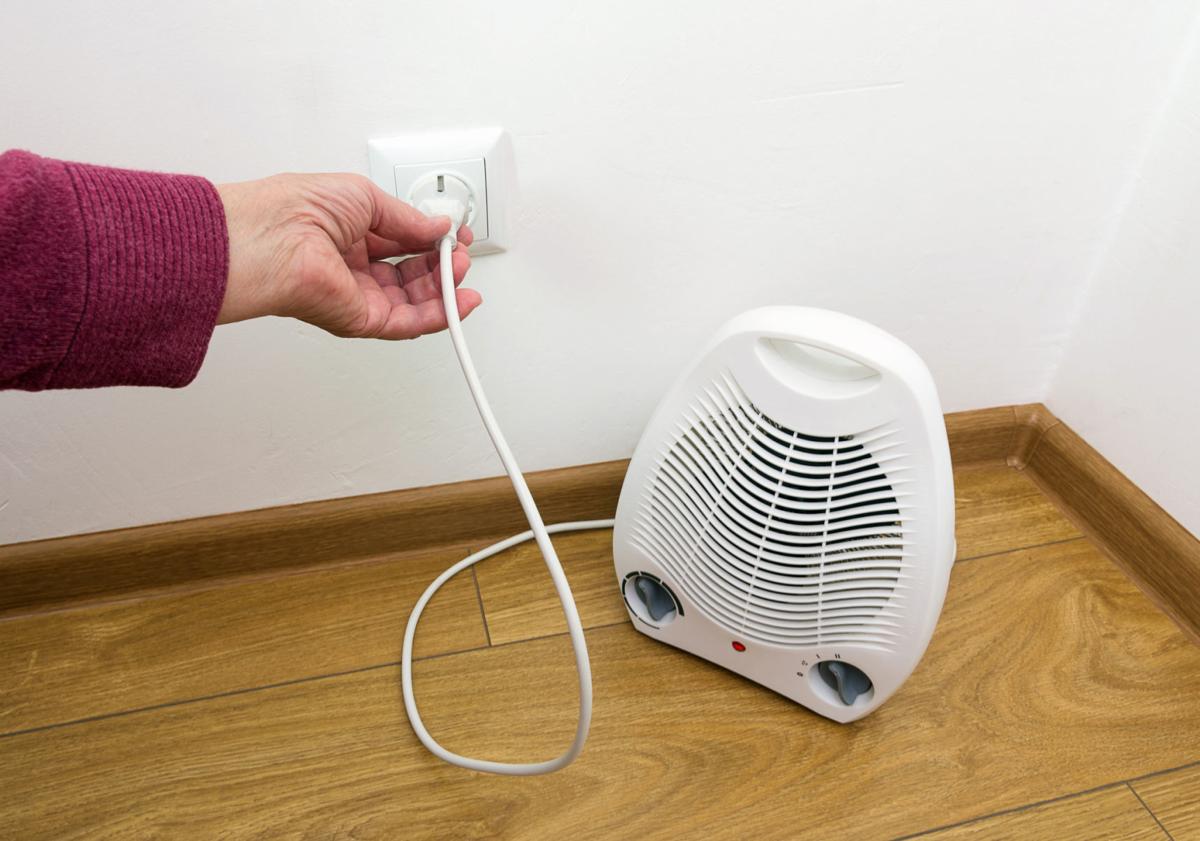Now that the temperature has dropped below 90 degrees, we can finally turn off our cooling systems. While we are in the sweet spot of not having to run any air temperature regulating system, make an appointment to get your heating system serviced and ready for the upcoming cold nights. They will come … eventually, and you will want to be ready.
Question: What is the difference between a home energy audit and a home performance assessment?
Answer: Like the inspection that utilities used to call an “energy audit,” the home-performance assessment can reveal whether your home is pouring expensive, conditioned air into the great outdoors through leaks like cracks and gaps in walls, around windows and doors, and through the roof. It also will clue you in to easy fixes that will cut your energy bill, like adding exterior shade screens to sun-struck windows or switching from incandescent light bulbs to compact fluorescent lights.
But the home-performance auditor doesn’t stop at pointing out your home’s energy flaws. After conducting tests at your house, the energy specialist will determine how a problem — or a solution — in one area of the building might affect the performance of another — good or bad.
Examples: The reason an air conditioning system kicks on too often might be an insulation failure in the attic. Re-attaching or adding insulation could solve the A/C problem and save you from replacing the system. Likewise, a homeowner might figure a new air conditioner will stop a room with a sun-drenched window from getting too hot during the summer. But the auditor might reason that adding an exterior shade screen or planting a leafy tree outside of the window might be a better — and cheaper — fix.
The original energy audit looks at stand-alone problems. The home-performance assessment evaluates the whole house as a single system and addresses the impact that changing one thing could have on the rest of the house.
Q: I will be remodeling my home. When should I do an energy audit?
A: Work with your contractor to schedule the audit. The audit should be done before the drywall goes up, while ductwork is exposed. If you schedule it after the project is finished, the audit may not be as accurate. Things may get overlooked and you could end up with the wrong sized ductwork.
Common errors in ductwork can occur with:
- Relocating or adding on a register
- Adding the wrong size ductwork
- The ducts have been split too many times
- The ductwork is not properly sealed
- The homeowner is not provided ductless mini-split options.
Remember the pool. Reduce energy bills during the cold months by making sure the re-circulation pump is on the timer setting, not the “on” position. Also, check the timer settings on your pool to minimize inefficiency.
Q: What are your thoughts about using space heaters?
A: If you only want to heat one room or warm up a particularly cool spot in your home when it’s not quite cold enough to crank up the central heating system, an electric space heater may be all you need.
You must exercise caution when using a space heater. The National Fire Protection Association reports that space heaters are the type of heating equipment most often involved in home heating fires, accounting for 86% of associated civilian deaths, 78% of civilian injuries, and 54% of direct property damage.
Always follow safety guidelines when using a portable space heater.
The NFPA suggests:
- Purchase a heater with the seal of a qualified testing laboratory.
- Keep the heater at least 3 feet away from anything that can burn, including people.
- Choose a heater with a thermostat and overheat protection.
- Place the heater on a solid, flat surface.
- Make sure your heater has an auto shut-off to turn the heater off if it tips over.
- Keep space heaters out of the way of foot traffic. Never block an exit.
- Keep children away from the space heater.
- Plug the heater directly into the wall outlet. Never use an extension cord.
- Space heaters should be turned off and unplugged when you leave the room or go to bed.





